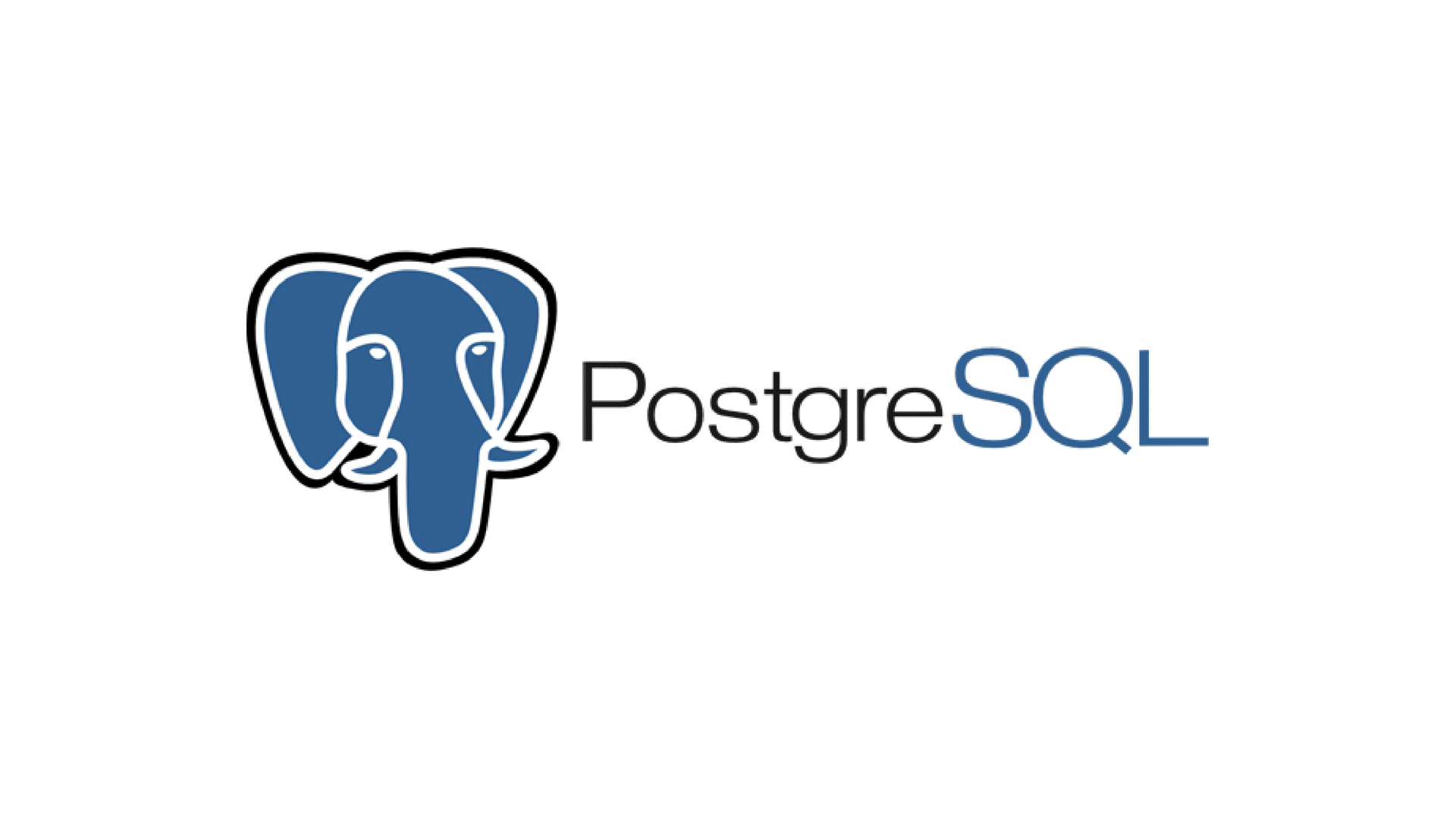Two names, one sequence
 Swebert Correa
Swebert Correa
Recently, I had an issue with Postgres at work. A service was dying when we were giving specific names for creating a sequence. According to the logs, we were providing the correct input. However, the error logged made no sense. Below is the gist of what happened.
postgres=# create sequence "MultiCase";
CREATE SEQUENCE
postgres=# \ds
List of relations
Schema | Name | Type | Owner
--------+--------------+----------+----------
public | MultiCase | sequence | postgres
(1 row)
postgres=# select nextval('MultiCase') as id;
ERROR: relation "multicase" does not exist
LINE 1: select nextval('MultiCase') as id;
^
As you can see, I created a sequence named MultiCase, and it got listed as a relation. But when I try to get the next value in the sequence, it errors out saying the relation does not exist!
This is when I learned about case sensitivity in Postgres. Any identifier named using single quotes is internally folded into lowercase. However, if you surround it with double quotes, the case is preserved.
Hence to select the next value in the sequence MultiCase, I must surround it with double quotes to preserve the case.
postgres=# select nextval('"MultiCase"') as id;
id
----
1
(1 row)
Bonus
Another thing that I learned while debugging this issue was that Postgres allows Unicode characters in identifier names!
postgres=# create sequence "यह देखो";
CREATE SEQUENCE
postgres=# \ds
List of relations
Schema | Name | Type | Owner
--------+--------------+----------+----------
public | MultiCase | sequence | postgres
public | यह देखो | sequence | postgres
(1 row)
postgres=# select nextval('"यह देखो"') as id;
id
----
1
(1 row)
Just because you can, doesn't mean you must. Otherwise, bear the consequences...
Subscribe to my newsletter
Read articles from Swebert Correa directly inside your inbox. Subscribe to the newsletter, and don't miss out.
Written by

Swebert Correa
Swebert Correa
I am a software engineer at Rakuten Symphony. On a daily basis, I deal with storage and distributed systems. This involves pumping out features, figuring out race conditions, mitigating deadlocks, and coding by keeping network latency in mind. That's a lot of C and GDB 😛